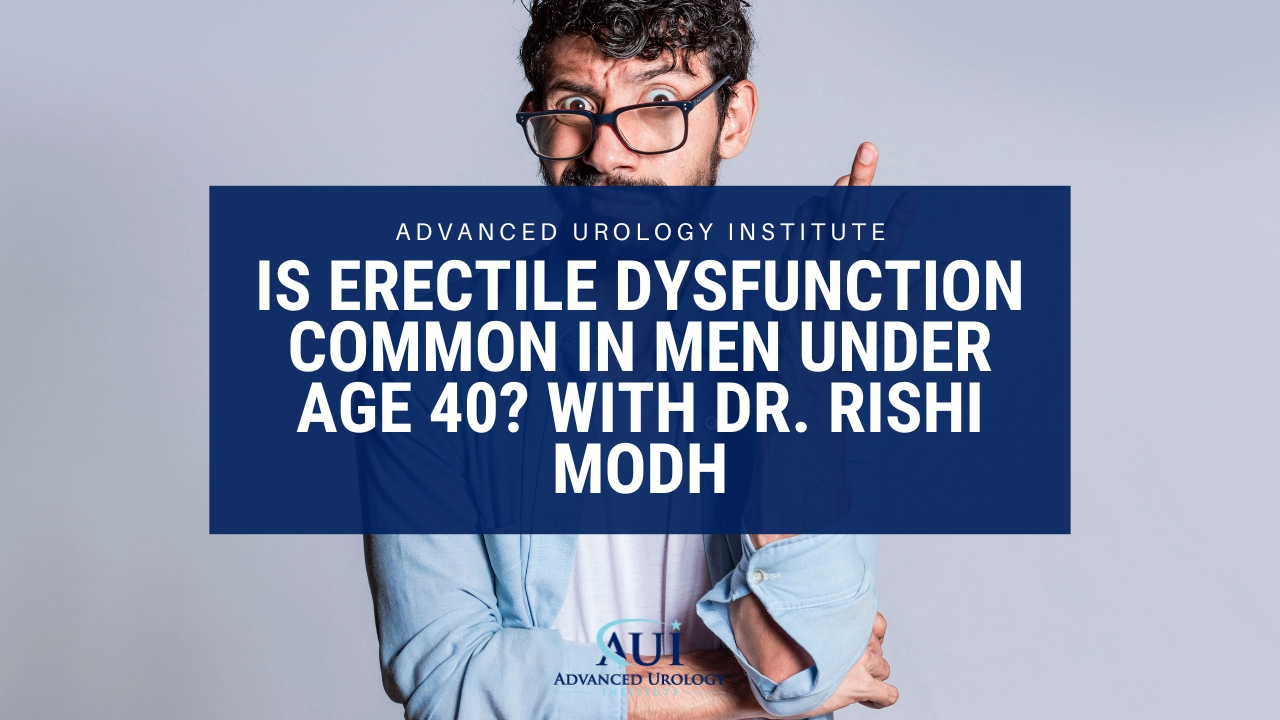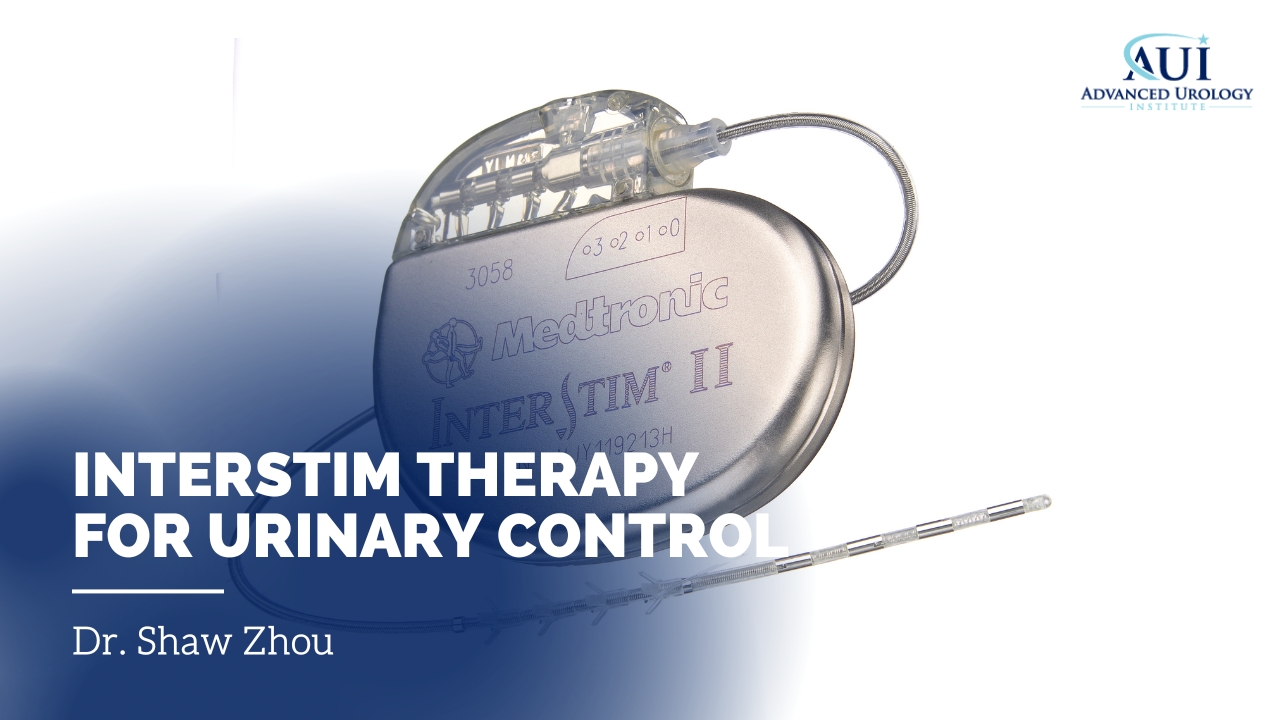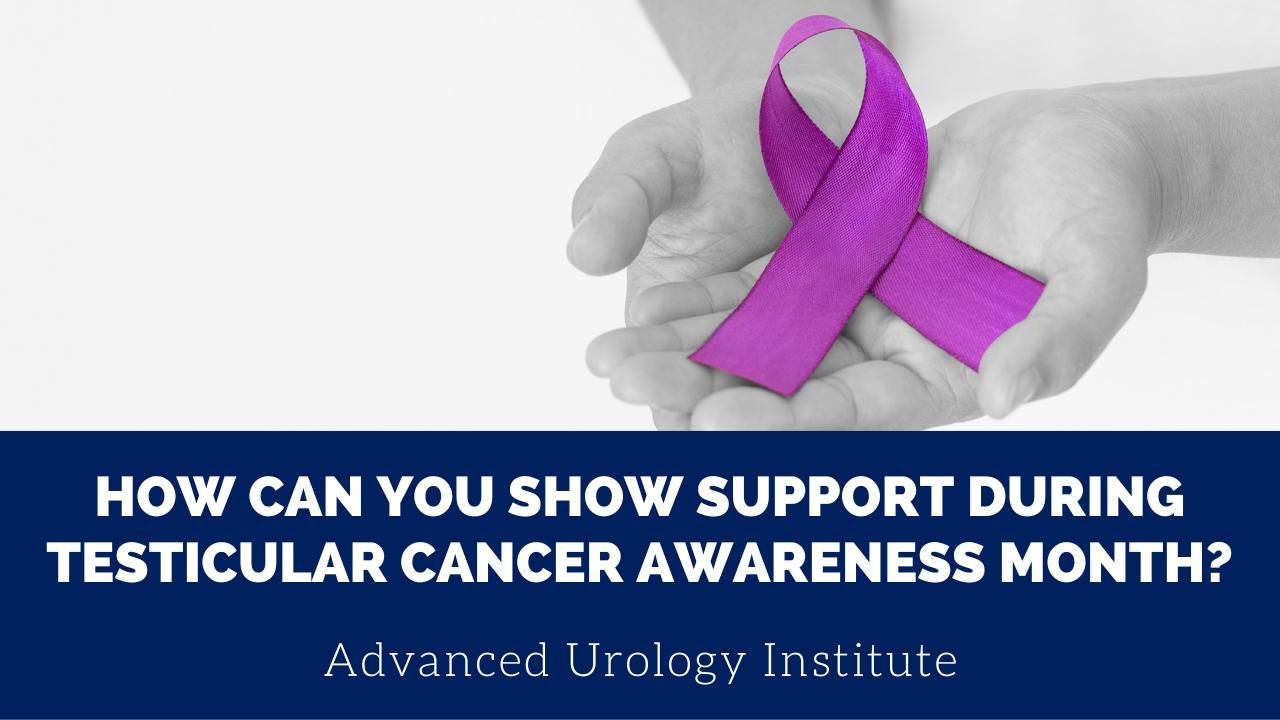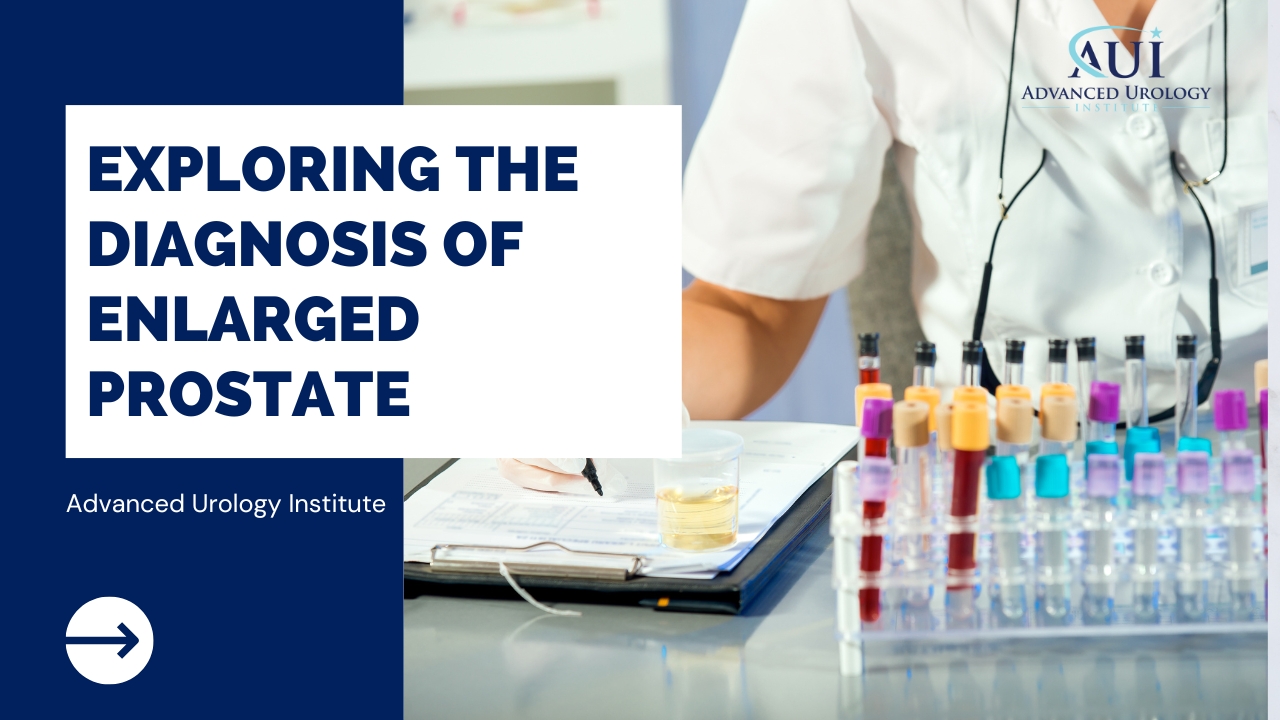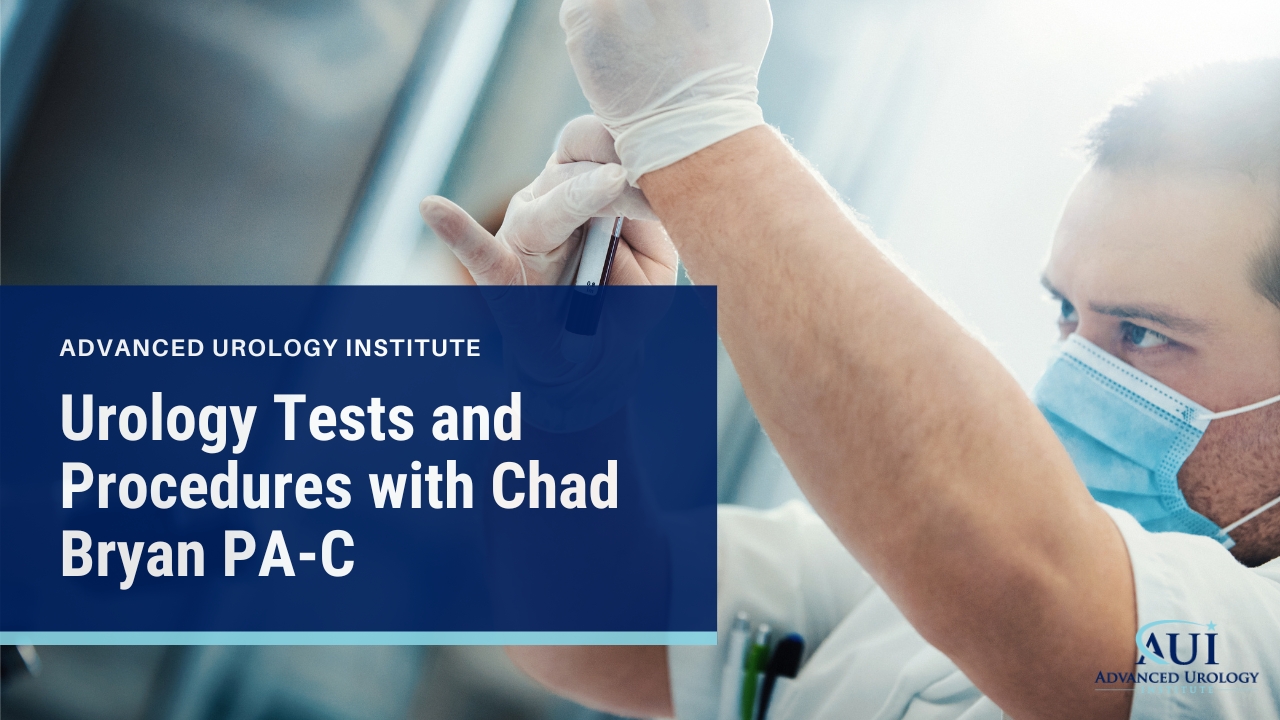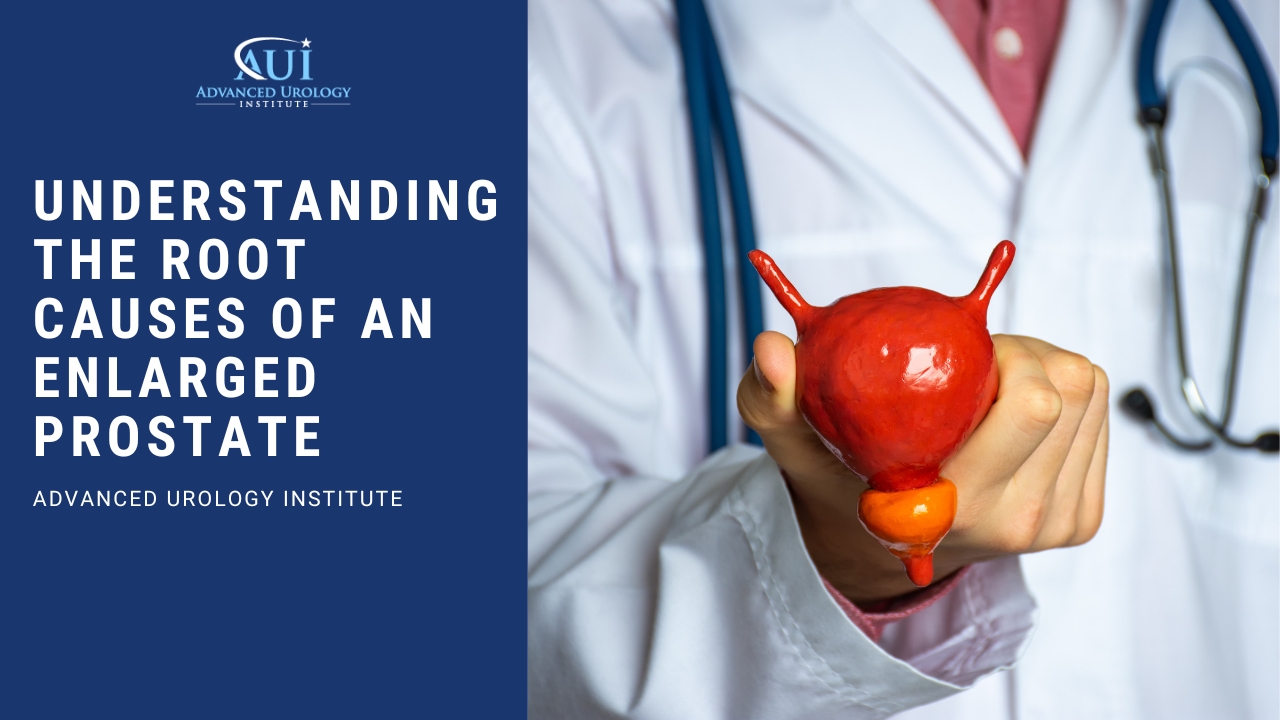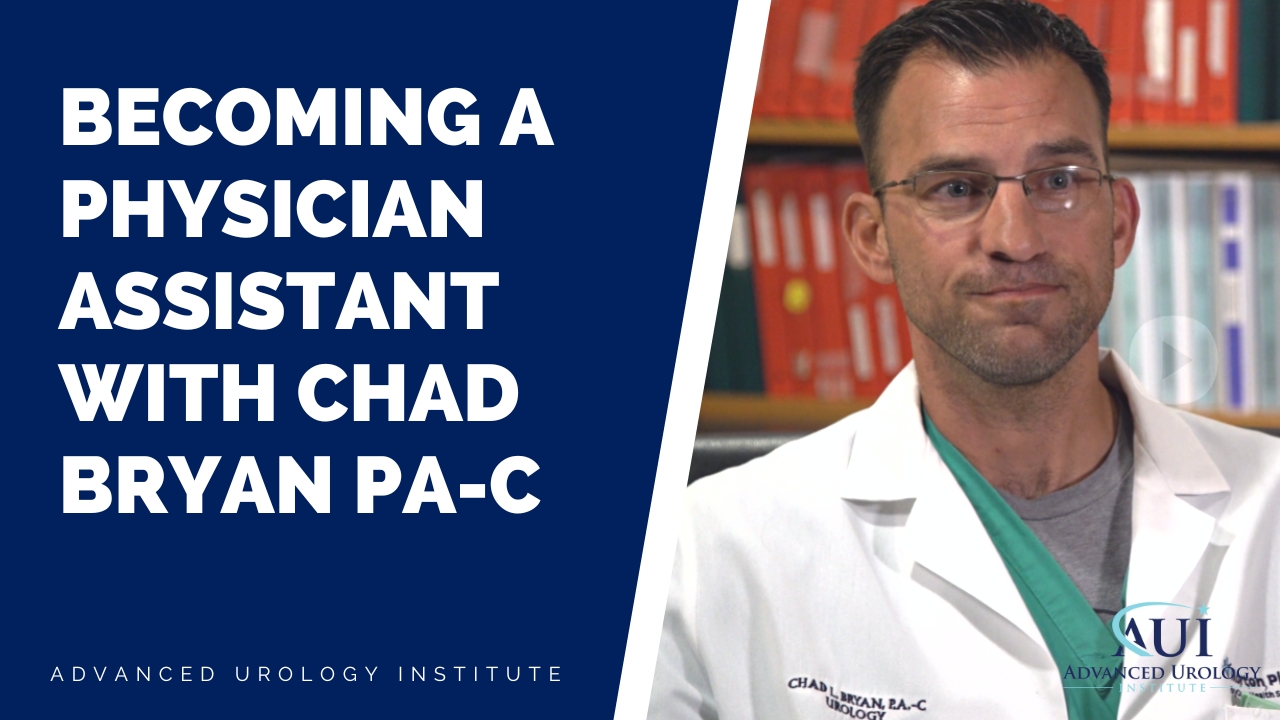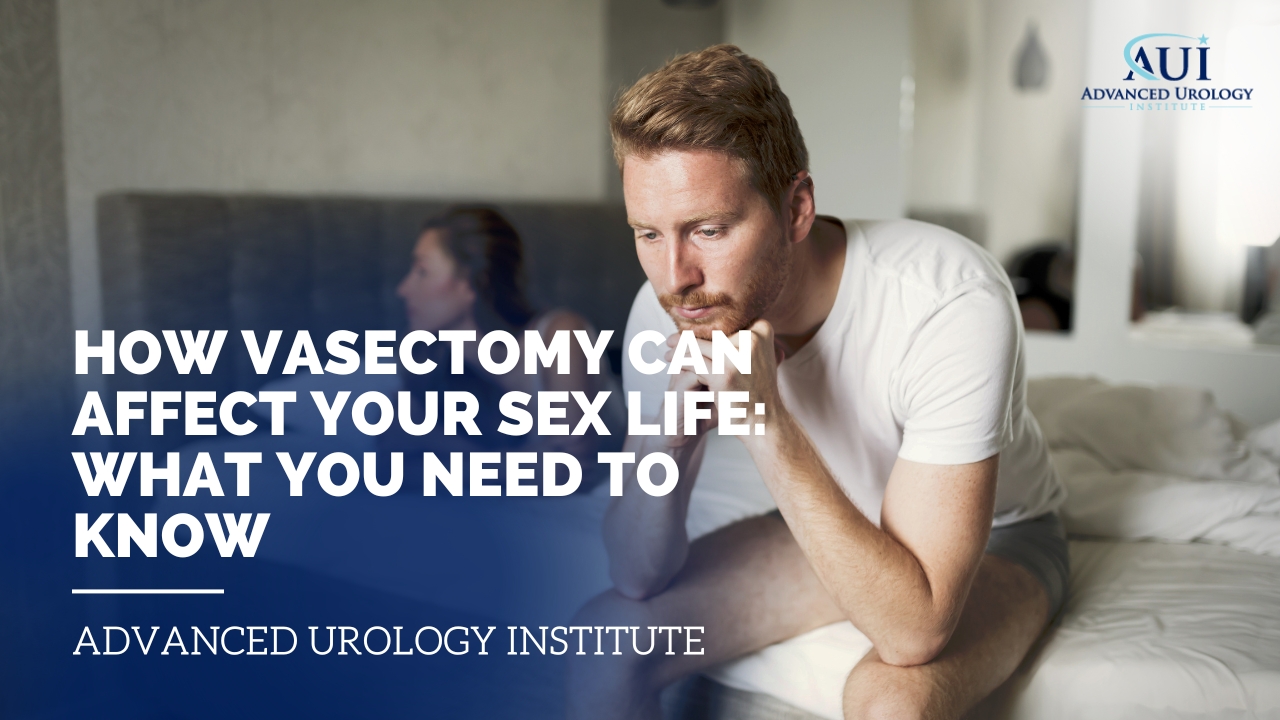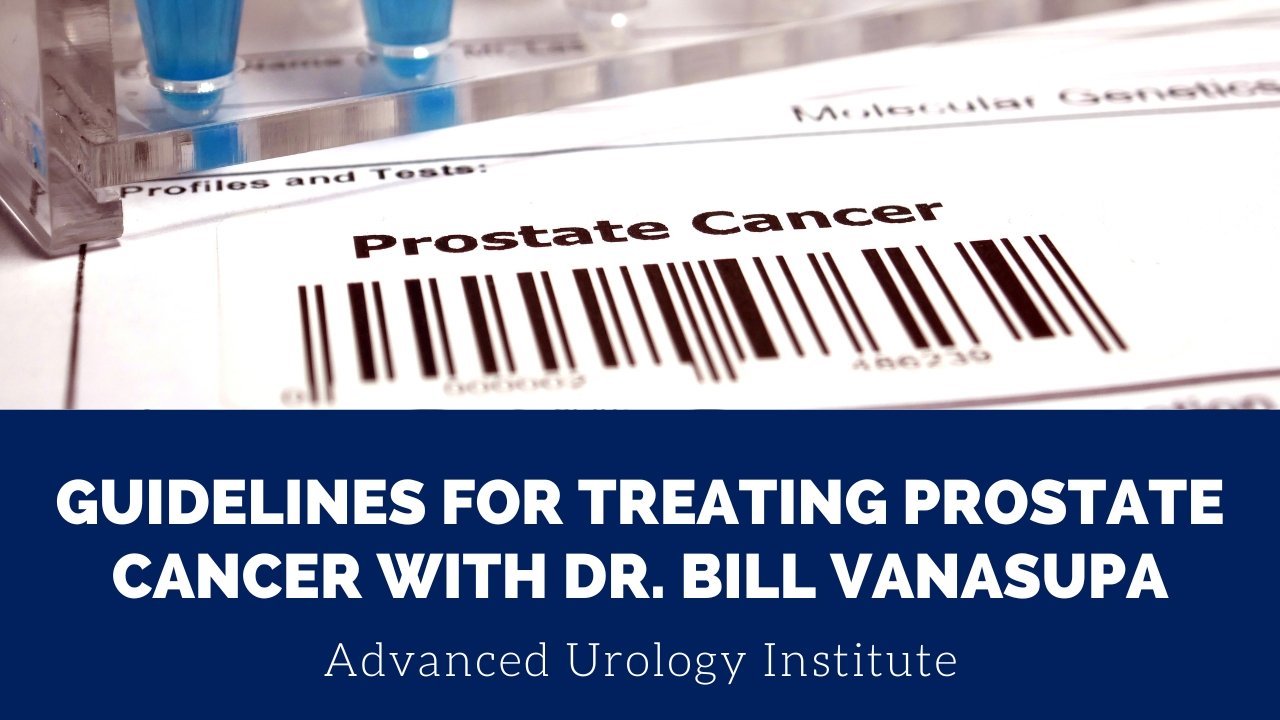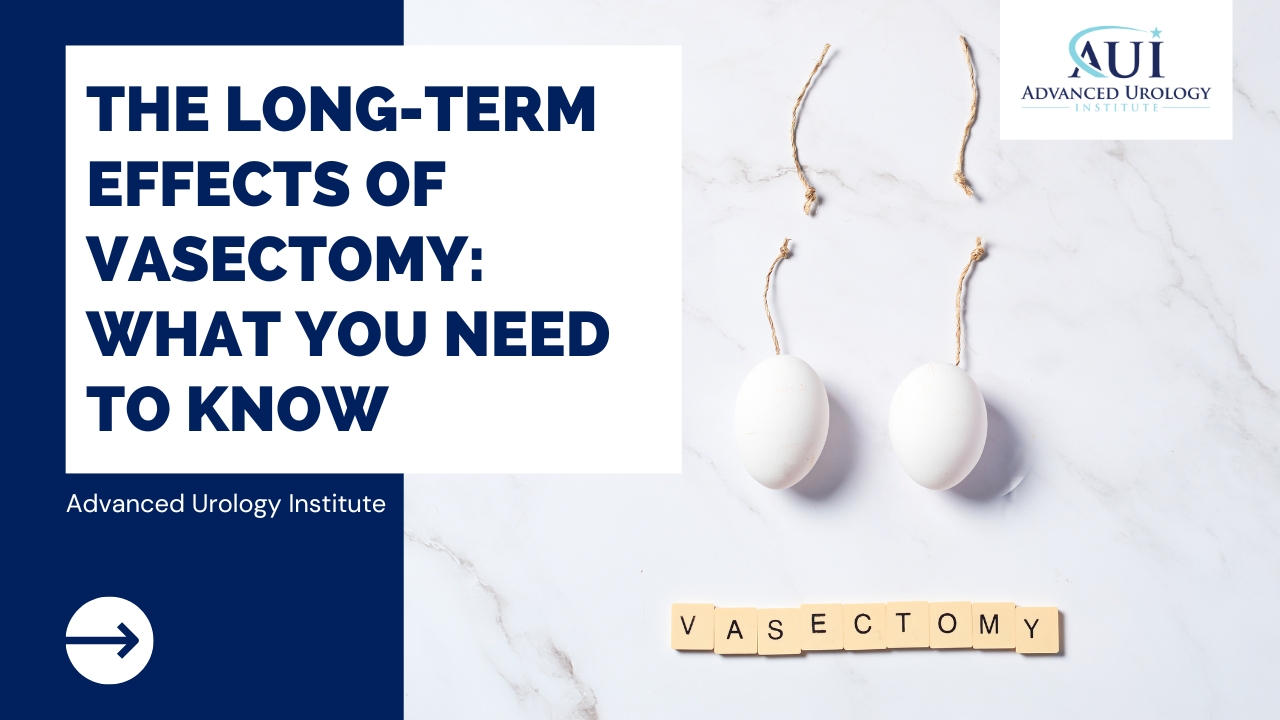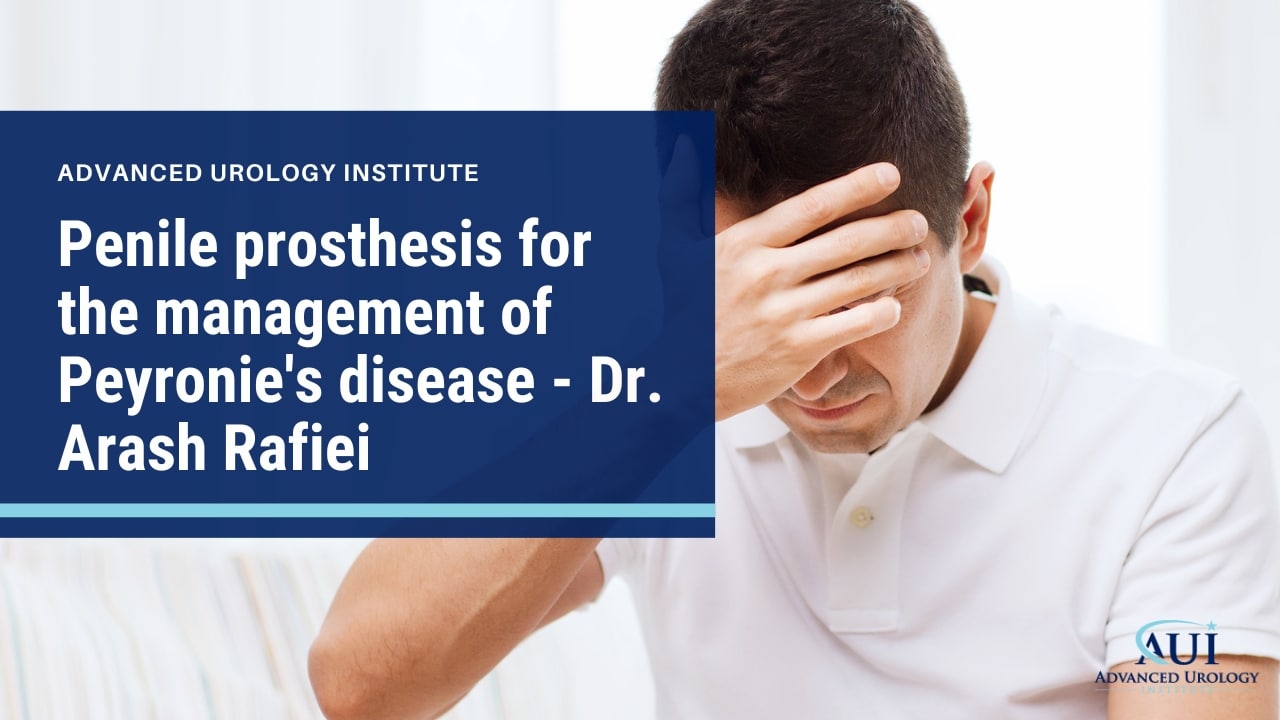KEY TAKEAWAYS:
- Erectile dysfunction is not limited to older men; it is also common in younger men, including those in their 40s and 50s.
- The Advanced Urology Institute, led by Dr. Rishi Modh, offers a range of treatment options for erectile dysfunction, including medications, procedures, and penile implants.
- The largest urology practice in Florida, the Advanced Urology Institute, provides state-of-the-art treatments and individualized care for patients experiencing erectile dysfunction.
Erectile dysfunction (ED) is a medical condition that affects a significant number of men across various age groups. Dr. Rishi Modh, MD, MBA, a board-certified urologist in St. Petersburg, FL, offers insight into the prevalence of ED in younger men and the treatment options available at the Advanced Urology Institute.
Prevalence of Erectile Dysfunction in Younger Men
While erectile dysfunction is often associated with older men, Dr. Modh emphasizes that it is also a common issue for men in their 40s and 50s. The condition can result from a variety of factors, including stress, anxiety, lifestyle choices, and medical issues. As a urologist with Advanced Urology Institute, Dr. Modh and his team treat numerous patients every day for ED, demonstrating its widespread prevalence.
Treatment Options for Erectile Dysfunction
Dr. Rishi Modh explains that there are numerous treatment options available for those suffering from erectile dysfunction. These options range from medications and procedures to more invasive solutions such as penile implants. The Advanced Urology Institute offers a comprehensive approach to ED treatment, providing patients with a variety of solutions tailored to their individual needs and circumstances.
Medications and Procedures
One of the initial treatment options for erectile dysfunction is medication. These medications can be prescribed by a urologist and help to increase blood flow to the penis, resulting in a firmer and more sustainable erection. In addition to medication, there are also non-invasive procedures available that can help improve erectile function. These procedures may involve the use of devices, injections, or other interventions that can help men achieve and maintain an erection.
Penile Implants
For patients who do not experience satisfactory results from medications or procedures, a more invasive option may be recommended. Penile implants are surgically inserted devices that can provide a long-term solution for erectile dysfunction. These implants can be inflated to create an erection and deflated when not in use, offering a discreet and reliable solution for those who require it.
Advanced Urology Institute
The Advanced Urology Institute is the largest urology practice in Florida, boasting a team of experienced and dedicated professionals who provide state-of-the-art treatments for a wide range of urological issues. For men experiencing erectile dysfunction, the Advanced Urology Institute offers comprehensive care and innovative solutions tailored to individual needs, ensuring patients receive the best possible treatment for their condition.
TRANSCRIPTION:
My name is Rishi Modh, I’m a board-certified urologist with Advanced Urology Institute.
Erectile dysfunction is a very common problem, not only in old guys.
This is a common problem for young guys in their 40s and 50s as well.
So we treat numerous people every single day for erectile dysfunction.
For erectile dysfunction, we have numerous treatment options.
We do everything here, from offering different medications, to different procedures, to even
the penile implant. We offer it all.
REFERENCES:
- “Erectile Dysfunction (Impotence) Causes in Older and Younger Men.” 13 Aug. 2022, https://www.webmd.com/erectile-dysfunction/understanding-erectile-dysfunction-basics.
- “9 Popular Ways to Treat Erectile Dysfunction – Everyday Health.” https://www.everydayhealth.com/erectile-dysfunction-pictures/popular-ways-to-treat-erectile-dysfunction.aspx.
- “Top Reasons to Consider a Penile Implant.” https://www.coloplastmenshealth.com/erectile-dysfunction/penile-implants/.
- “Erectile dysfunction: Viagra and other oral medications – Mayo Clinic.” https://www.mayoclinic.org/diseases-conditions/erectile-dysfunction/in-depth/erectile-dysfunction/art-20047821.



